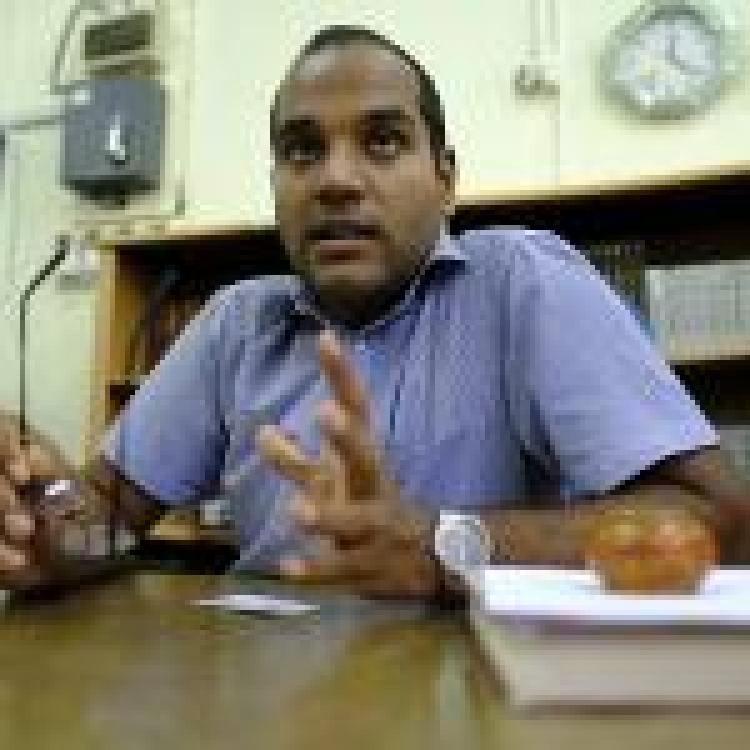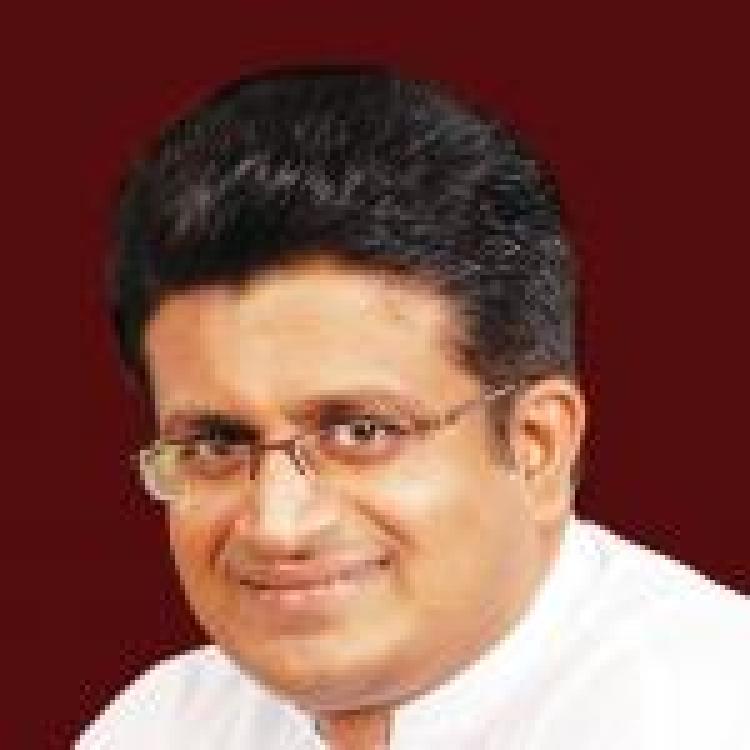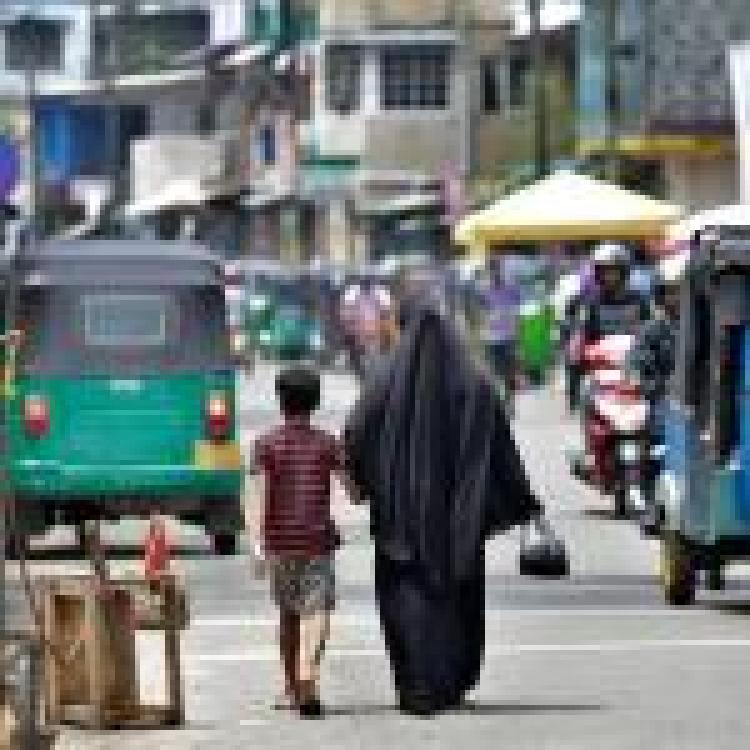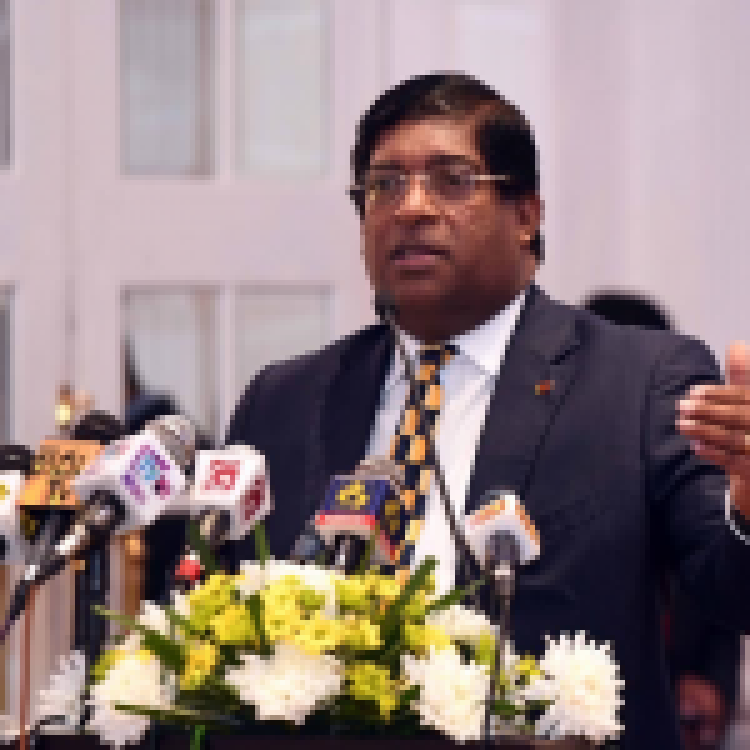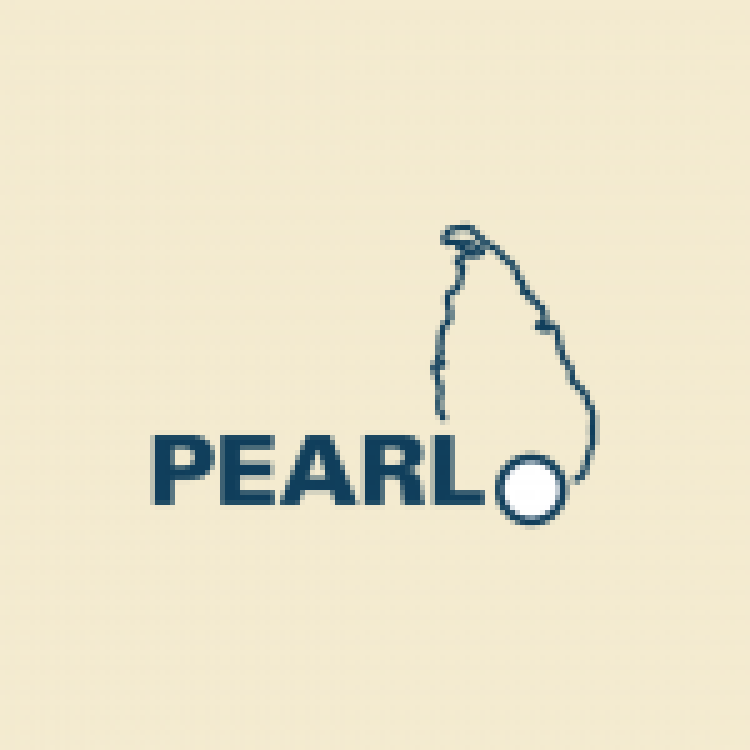![]()
Amnesty International has released a report on the continued persecution of Muslims in Sri Lanka in advance of the UN Special Rapporteur’s report on eliminating intolerance and discrimination based on religion or belief.
The report, issued on 16 June, highlights continued patterns of violence and discrimination towards Muslims; discrimination during the COVID-19 pandemic; concerns over the all-Sinhala Presidential task force for the preservation of archaeological sites; and the arrest of prominent Muslim public figures such as Hejaaz Hizbullah.
Amnesty International raises specific concerns over the right of freedom of expression and religion for Sri Lankan Muslims under the current regime.
Patterns of violence and discrimination
Amnesty International notes that since 2013, when the Sinhala Buddhist nationalist group known as the Bodu Bala Sena (BBS) launched a violent campaign against halal food products, there has been a marked increase in violent attacks against Muslims in Sri Lanka.
In June 2014, at least four people were killed during an anti-Muslim riot in the southern coastal towns of Aluthgama and Beruwala despite police presence. During this riot Buddhist mobs engaged in looting and setting on fire Muslim homes, shops and property, whilst the authorities turned a blind eye.
This violence was repeated in February 2018, in Ampara when Sinhala Buddhist mobs attacked Muslim places of business, worship and homes. This anti-Muslim attack was sparked by the circulation of fake news which claimed that a Muslim shopkeeper was putting sterilisation in the food he sold. Reflecting on this pogrom, Amnesty notes:
“The police not only allowed the Buddhist mob to destroy mosques, Muslim homes and businesses, but that they joined the mobs”.
Despite police arresting suspected perpetrators of attacks during these riots, there has been no conviction to this date.
Anti-Muslim violence further escalated following the devastating Easter Sunday bombings in which over 250 people were killed in an attack claimed by ISIS. There was a number of attacks on Muslim refugees and asylum seekers in the western town of Negombo and this soon spread to several towns in the North and Western provinces of Sri Lanka. Once again police failed to intervene to stop these attacks. Amnesty reports that 1,063 refugees and asylum seekers were forcibly exiled from their homes due to this violence.
Public officials and Buddhist monks such as Warakagoda Gnanarathana have bolstered anti-Muslim sentiment, alongside Sinhalese owned businesses, by calling for the boycott of Muslim owned businesses. Gnanarathana further called for the stoning of Dr Shafi under the spurious charge that he was attempting to sterilise the Sinhalese population.
Following the Easter Sunday bombing, then-President Sirisena, also imposed emergency laws which allowed the banning of face coverings, which directly impacted Muslim women who wore niqabs and burqas. Although this was lifted in late August 2019, almost 1,800 Muslims were arrested. In February 2020 this proposed ban was recommended by the Parliamentary Sectoral Oversight Committee who considered making it an offence under the Penal Code.
Amnesty International further state that the election of Gotabaya Rajapaksa has further driven concerns amongst the Muslim community “who fear this new government will push an anti-Muslim agenda”.
Persecution during the COVID-19 pandemic
Amnesty further reports that Muslims have faced further persecution during the coronavirus by government officials in terms of banning cultural practices and the apparent consideration of racially profiling Muslims.
Burial practices
Sri Lanka officials have forced Muslims to undertake cremation, which is against Islamic cultural practices. This has been in place since 30 March, despite WHO guidelines stating that there is no specific evidence suggesting that the virus can spread through a dead body. Muslim leaders and politicians had previously pushed health officials to follow guidelines set by the Sri Lanka Ministry of Health guidelines, which at the time permitted burials as opposed to cremations. In cases such as Fathima Rinosa, families were denied a right to burial despite the deceased testing negative for the virus.
Racial profiling
The Government Medical Officers’ Association (GMOA) and Information and Communication Technology Agency Sri Lanka (ICTA) presented a COVID-19 exit strategy whereby the ‘Muslim population was identified as a variable in their methodology’ and ‘the report assigned the highest weightage risk to the Muslim population’. The watchdog accused GMOA and ICTA of racial profiling and the report ‘was met with heavy criticism on social media’.
Sinhalisation
Amnesty International has also raised concerns over the appointment of a new Presidential Task Force (PTF) for the preservation of archaeological sites in the Eastern Province. They note that there is no representation of the minority communities within the PTF, indicating that this is a push for further Sinhala-Buddhist nationalist agendas.
Read more here: Sri Lankan Presidential Task Forces are “grounded in Sinhala-Buddhist nationalist ethos” and signal deepening militarisation – PEARL
Silencing critics
The report also mentions the arrest of high profile figures such as; Hejaaz Hizbullah, Ramzy Razeek and Shakthika Sathkumara.
Hejaaz Hizbullah, a prominent Muslim lawyer, has been detained without charge since 14th April and was arrested under the Prevention of Terrorism Act. Amnesty notes Hizbullah is a vocal critic of the government’s human rights record and also represented Dr. Shafi who was accused of sterilising people.
On 1 April, Shakthika Sathkumara was arrested under the ICCPR Act which enables by Buddhist groups and the police to target individuals accused of criticizing Buddhism. He had written a short story in which he alludes to child sexual abuse in Buddhist temples.
Ramzy, Razeek, is a retired government official and social media commentator who was arrested after a post on Facebook calling for “an ideological jihad”.
Conclusion
Amnesty International concludes its report stating:
“With the new government still in its first year, the frequent incidents of demonization, vilification and scapegoating of Sri Lanka’s Muslim population are a cause for great concern. Should incidents against the Muslim community continue, Sri Lanka runs the risk of alienating another minority group, much to its detriment”.
Read Amnesty's full report here.

